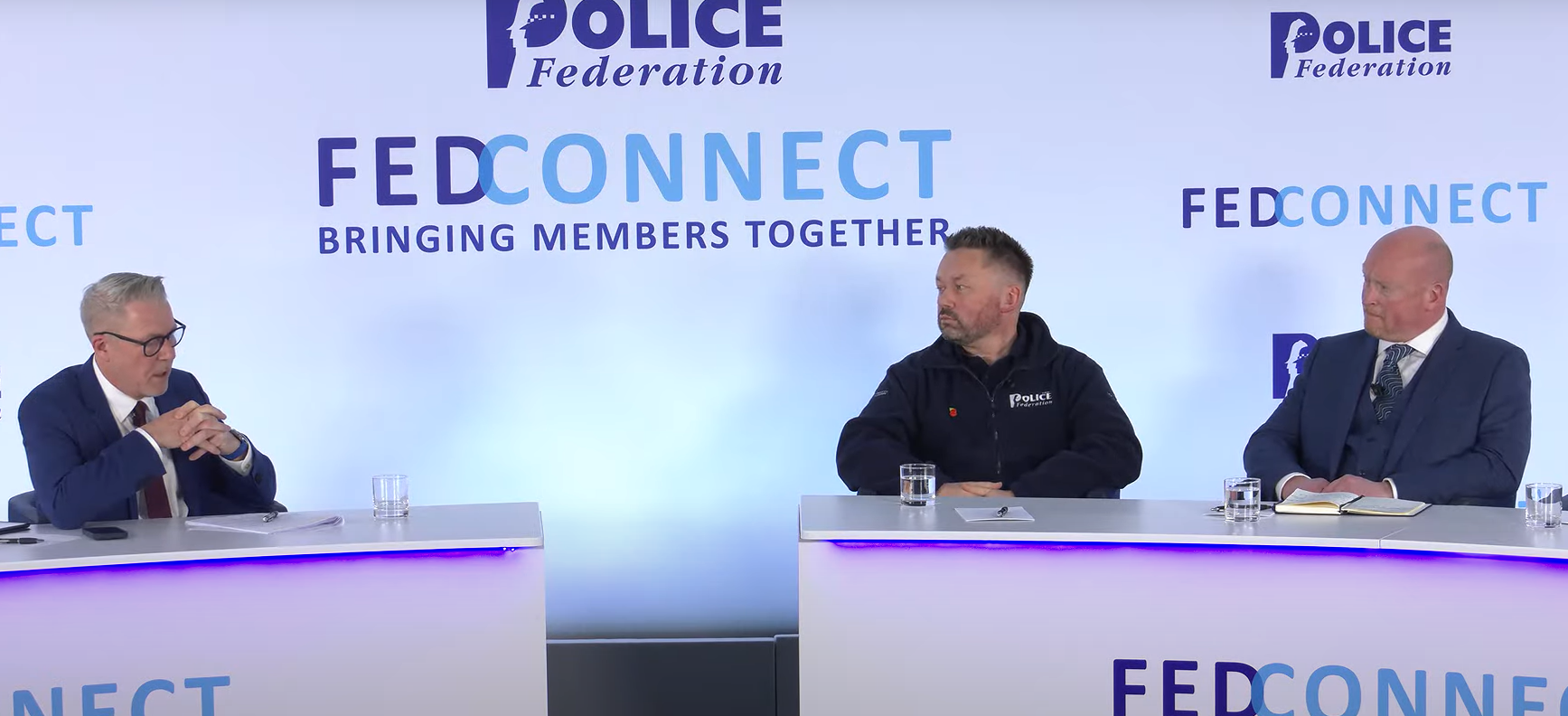In discussions led by Ian Collins with Brian Booth, Acting Deputy National Chair of the Police Federation, and Sergeant Stuart Green from Surrey Police, the challenges, dedication, and pressing needs of the police force were brought to light.
When asked if officers were adequately prepared for the disorder, Booth emphasised, “We need to recognise the bravery and resilience of our colleagues during that period.” The chaos erupted after a tragic incident in Southport, intensified by social media, which “stirred up social hatred,” he said. Referring to officers in Merseyside who faced a growing angry crowd, Brian noted, “Our colleagues stepped up, cancelled rest days, and altered shifts to support each other.”
Reflecting on the unpredictable nature of the job, Stuart shared his experiences of enduring long shifts, often waiting in vans for deployment. “It’s a long day for teams who were coming straight from shifts,” he described. “Many were tired and lethargic. It is not easy.” Green also discussed the difficulties in being on standby, highlighting that “just because you started in your home force, didn’t mean you would finish there.”
One significant issue raised during these discussions was the need for better equipment. Brian pointed out that while the Police Support Unit (PSU) kit is effective, additional tools like “water cannons, CS dispersal canisters, and AEP launchers” could help minimise injuries and enhance officer safety. He noted that the recent unrest revealed gaps in equipment preparedness, saying, “It cannot be acceptable having hundreds of officers injured when we should already have the right equipment ready for use.”
The widespread, decentralised nature of the summer unrest added a layer of complexity for the officers on the ground. Ian highlighted this, mentioning that Operation Navette required officers to move swiftly between various locations as disturbances spread across the country. “We work closely with Sussex,” Stuart explained, “and if we were needed, we would go there, that would impact our family and everyone waiting for us at home.”
The conversation also touched on the considerable influence of social media on policing efforts. Brian explained, “Social media has become a big part of policing within the UK and pockets of individuals organised violence, influencing others who might not have otherwise been involved.” This online mobilisation, Brian argued, added both complexity and strain to police operations, as information, often misinformation, spread at rapid speeds. Stuart noted, “Misinformation spread at the beginning and then no real response from anyone to correct it, that’s what Op Navette was set up for, to address these unexpected responses.”
Brian believes the judiciary and law enforcement leaders have only recently recognised the severity of these challenges. “Hundreds of officers were injured, leaving communities vulnerable and less safe,” he emphasised, adding that the initial lack of response from police leadership necessitated public-facing actions from figures like himself and Acting National Chair, Tiff Lynch.
Looking to the future, Brian expressed the need for strategic changes. “There’s an ongoing review, and we will be working with the government on that,” he said. He underscored the importance of “investment in public order equipment,” stressing that the right technology must be readily available to protect officers in volatile situations. As the events of Operation Navette reveal, British policing may need modernisation to effectively safeguard both the public and its officers amidst increasingly complex challenges.














